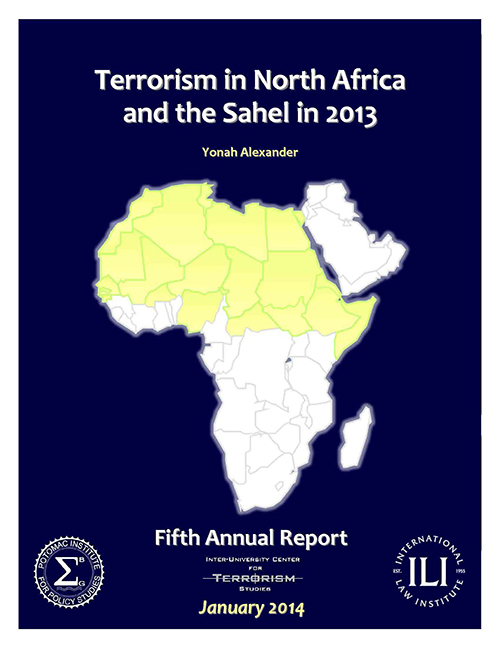 Two major security and stability challenges are facing contemporary societies in Africa and elsewhere. The first stems from natural disasters such as earthquakes, famine, drought, and wildfires. The second is man-made threats, including crime, piracy, terrorism, ethnic and religious strife, and war.
Two major security and stability challenges are facing contemporary societies in Africa and elsewhere. The first stems from natural disasters such as earthquakes, famine, drought, and wildfires. The second is man-made threats, including crime, piracy, terrorism, ethnic and religious strife, and war.
Starting in the late 1960’s and subsequent three decades, the Institute for Studies in International Terrorism (ISIT), initially administered by the State University of New York system, in collaboration with educational bodies in the US and abroad, conducted academic work dealing with Africa’s security concerns and their global implications. For instance, in the early 1980’s ISIT, in cooperation with the Center for Strategic and International Studies at Georgetown University, the Institute for Social and Behavioral Pathology at the University of Chicago, and the University of Abadan in Nigeria, was awarded a Rockefeller Foundation grant to scholars from around the world to conduct a cooperative study on exploring solutions to conflicts in Africa and elsewhere. This project resulted in a publication of the book International Violence co-edited by Tunde Adeniran and Yonah Alexander (Praeger 1983).
Since that early academic effort, numerous seminars, conferences, and publications have been undertaken by the Inter-University Center for Terrorism Studies (IUCTS), a consortium of universities and think tanks in more than 40 countries. This entity was subsequently administered by the Terrorism Studies program at George Washington University, and for the past 15 years by the International Center for Terrorism Studies (ICTS) at the Potomac Institute for Policy Studies in Arlington, Va. and the Inter-University Center for Legal Studies (IUCLS) at the International Law Institute (ILI) in Washington, D.C.
The current study, “Terrorism in North Africa and the Sahel in 2013,” published in January 2014 by IUCTS, represents the Fifth Annual Report focusing on terrorist threats in the Maghreb—Algeria, Libya, Mauritania, Morocco, and Tunisia—as well as adjacent areas of the Sahel—Chad, Mali, Niger—and their strategic security implications regionally and globally. The first Special Report in this series “Why the Maghreb Matters: Threats Opportunities & Options for Effective U.S. Engagement in North Africa” was published by the Potomac Institute for Policy Studies and Conflict Management Program at the Johns Hopkins University School of Advanced International Studies on March 31, 2009. This initial study was guided by a bipartisan panel of experts, including former Secretary of State Madeline Albright, General (ret.) Wesley Clark, Ambassador (ret.) Stuart Eizenstat, Professor William Zartman, and other distinguished former officials and academics. The panel recommended more effective engagement in the region to prevent the brewing security crisis from erupting in the region and beyond.
This fundamental recommendation was also underscored in subsequent annual reports published in 2010, 2011, and 2012, which contained alarming statistics on the growing “arc of stability” in the region. The 2013 study hopefully provides data and analysis required for policymakers to unilaterally and collectively develop coherent and realistic strategies to combat the global expansion of terrorism.
